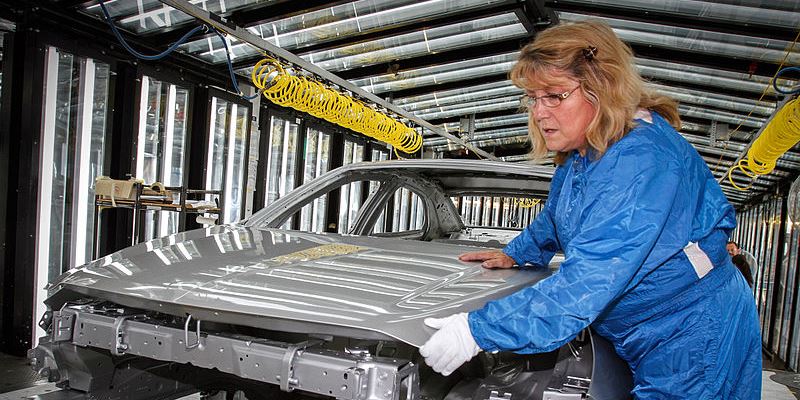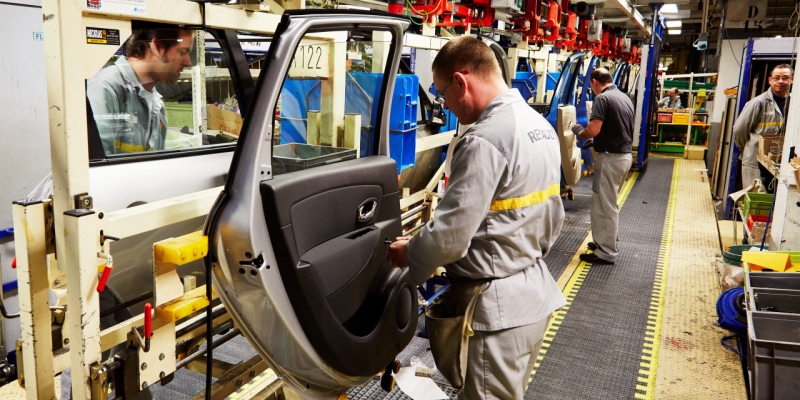GM will use the $6 billion it saves by shuttering plants to enter the driverless and electric car markets.
general motors
Between 2008 and 2016, 98.6 per cent of all net job-creation in Ontario took place in Toronto and Ottawa.
Ontario had to write-off $1 billion of taxpayer money from the General Motors/Chrysler bailout.
Question: If someone made $62,000 last year, had $187,000 in their bank account, and yet sought a $5,360 subsidy from government, what would the common sense response be?
One benefit of column writing is the chance for feedback from readers, be they fans, critics or the merely curious. Responses arrive that reflect the rainbow of human emotion from cheery agreement to annoyance to the equivalent of typed-out road rage.
Much of what I (and my colleagues) do is analyze how politicians spend tax dollars and how governments affect our lives in multiple ways. As a result, any report or column that recommends a change to the status quo is sure to touch someone's interest. Predictably, that touches a nerve and sets off a reaction.
Back in June 2009, the federal and Ontario governments decided to use massive amounts of taxpayer cash to rescue General Motors and Chrysler, two corporations deemed too big to fail. The cost to Canadians was US$13.7 billion: $10.8 billion to GM and $2.9 billion to Chrysler.
The taxpayer bailout was part of the court-supervised restructuring process for the two companies, egged on by the Obama administration. Behind the scenes, the White House made clear that any restructured versions of the companies might leave Canada if taxpayers in this country did not ante up.
Given the revisionist history in play, lets place that 2009 deal in proper context.


